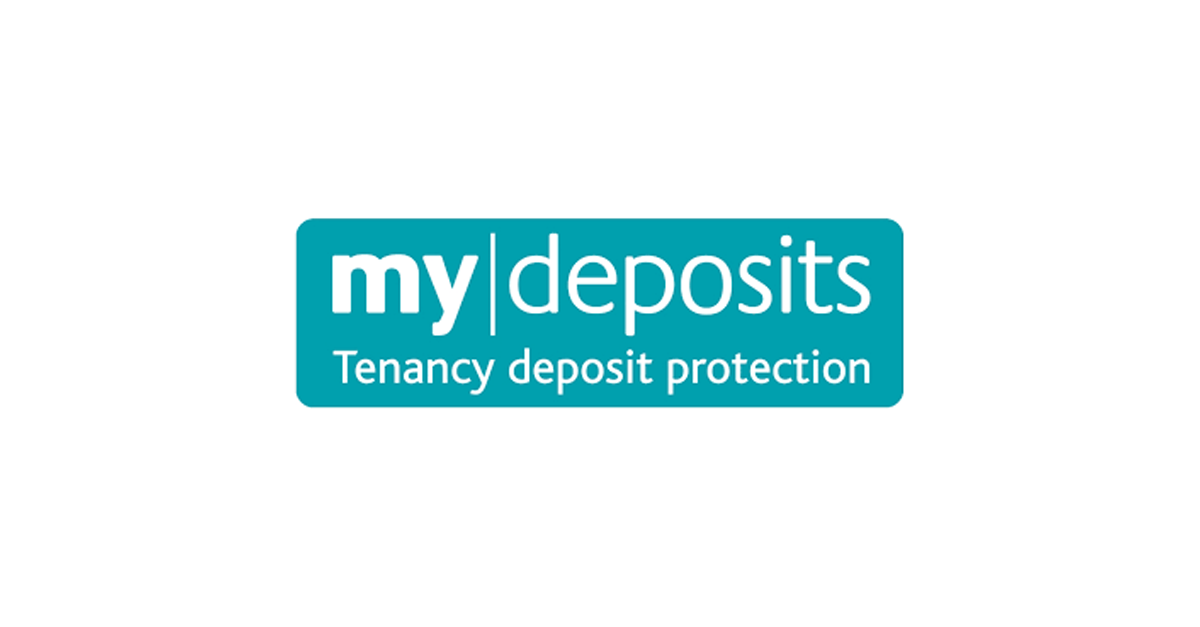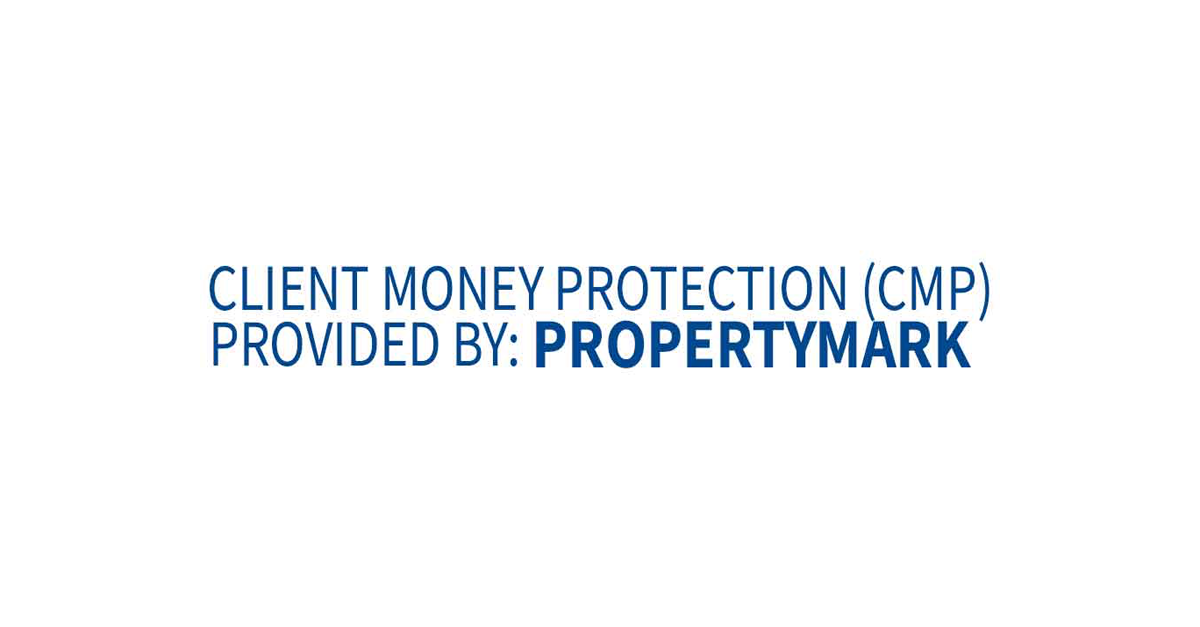Living in a rented property isn’t like living in a hotel. While many of the responsibilities and legal obligations do fall to a landlord, there are certain maintenance aspects a tenant will need to carry out, as well as an expected way of behaving. Here’s what you should know.
Why this court ruling really matters
Let’s start with a little history lesson. Back in 1953, a landlord took a tenant to court over a property’s shoddy condition at check out. In a time before detailed tenancy agreements and extra levels of compliance, it was quite unclear who was responsible for what maintenance, and the parties couldn’t agree who should carry out and pay for the repairs.
The ensuing court case (Warren versus Keen) is used to this day as the benchmark concerning the allocation of property maintenance and day-to-day responsibilities. The judge, Lord Denning, ruled in favour of the landlord and the resulting statement sought to clarify what a tenant is responsible for, and what falls under the remit of a landlord.
Know what a ‘tenant-like manner’ is
The phrase ‘tenant-like manner’ was a defining part of the above court case – understanding this phrase is to understand responsibilities and expectations. Lord Denning was very explicit in how a tenant should behave and what they are expected to do within a let property. He said a tenant should be responsible for:-
Taking proper care of the place and doing ‘the little jobs about the place which a reasonable tenant would do’
turn off the water and empty the boiler when going away
- clean the chimneys
- clean the windows
- mend the electric light when it fuses
- unstop the sink when it is blocked by his waste
- not wilfully or negligently damage the house
- not let family and guests damage the property and if they do, they must repair it
Although Lord Denning’s list wasn’t exhaustive, it did give the lettings industry a greater framework in which to work. Over the years, the statement has been interpreted to accommodate modern lifestyles, with agents and deposit resolution services continuing to apply Lord Denning’s thinking when mediating between landlords and tenants on maintenance matters.
What are tenants expected to do?
Don’t call your landlord or letting agent expecting them to change a light bulb or descale your shower head. Small everyday chores that keep a property in good working order should be undertaken by the tenant. It’s also wise to let your landlord or letting agent know if new maintenance issues arise in the property, or existing ones get worse. Failure to do so could be held against you in a deposit dispute, so let your landlord know if that water stain on the ceiling is getting bigger.
As well as looking after the property and tending to small maintenance jobs, a tenant’s responsibilities also extend to more administrative behaviours.
- You’ll be responsible for:
- Paying the rent on time, ensuring there are enough funds in your bank account if a standing order or direct debit is set up
- Paying bills, including gas, electricity, water rates, council tax, TV license, broadband, landline and entertainmentpackages, unless you have a ‘bills included’ tenancy
- Keeping the property in a sanitary condition, paying attention to refuse and food disposal
- Ensuring the property is not sublet or over-occupied, in accordance with your tenancy agreement
- Booking a professional trade to undertake repairs, replacements and installations, unless your landlord agrees you can undertake the work yourself
- Giving your landlord the required notice period, as set out in your tenancy agreement
- Leaving the property as it was found on moving day, booking a professional clean if this was the condition it was handed over in.
The big stuff? Leave it to the landlord
As the owner of the property, a landlord is responsible for structural repairs, issues with boilers and central heating systems, serious damage to the property, repairs to common and shared areas in flats, and damage that has resulted from factors outside of the tenant’s control, such as storm damage.
And now for the grey area
Lord Denning’s statement also clarified the position of a tenant when it comes to light damage and ageing. To quote: ‘if the house falls into disrepair through fair wear and tear or lapse of time, or for any reason not caused by him, the tenant is not liable to repair it.’
Defining and proving what fair wear and tear is has been the root of many deposit disputes, and this is when an inventory is critical. Written descriptions and photographs documented at the start of a tenancy can be compared to the condition of fixtures and fittings at the very end. An inventory will show if a carpet was threadbare on day one, if it has been totally wrecked during a tenancy or if a few minor marks have occurred over the months as a result of just ‘living’, for instance.
Pay for what you damage
If any repairs or replacements are required as a result of accidental, malicious or intentional damage, the responsibility and costs fall to the tenant. So if the renter or their friend smashes a window by kicking a ball inside, tenants should be prepared to pay for the replacement and, quite possibly, organise for the repair to take place.
Make sure your tenancy agreement is tip top
If you’re worried by any ‘grey areas’ when it comes to property maintenance and responsibilities, read over your tenancy agreement before you sign it and ask for a clear definition to be added on any matter. It’s also worth looking out for unusual maintenance clauses in your agreement, as not every contract is the same.
Landlords: stepping up when it comes to safety
There are a number of areas where the responsibilities fall squarely to a landlord, and these relate to tenant safety, wellbeing and legal compliance.
Damp, mould & condensation: making repairs as a result of rising and penetrating damp – and resolving the root issue – falls to the landlord under Section 11 of the Landlord and Tenant Act 1985. Landlords are also required to provide adequate ventilation, such as windows that open safely and extractor fans.
Tenants beware: tenants are responsible for reducing ‘lifestyle’ condensation, which is produced as a result of showering, boiling water and drying wet laundry inside, for instance. Tenants should also ensure they utilise all ventilation options available.
Smoke detectors & carbon monoxide alarms: The Smoke and Carbon Monoxide Alarm (England) Regulations 2015 and the statutory guidance (Approved Document J) supporting Part J of the Building Regulations clearly state a landlord’s responsibilities. Landlords are required to install at least one smoke alarm on every storey of a rental property that is used as living accommodation. In addition, every privately rented property with a fixed gas appliance, such as a gas boiler or fire, needs a carbon monoxide alarm fitted.
When it comes to responsibilities, provision isn’t enough. Landlords, or their letting agent, are required to test all alarms and detectors at the start of every new tenancy, and replace a defective alarm as soon as a tenant flags up a problem.
Tenants beware: The Government’s Smoke & Carbon Monoxide Alarm Q&A Booklet is clear that tenants are responsible for testing any carbon monoxide and smoke alarms during the tenancy period, as well as change spent batteries.
Gas safety
In addition to the provision of carbon monoxide alarms, landlords are legally bound to ensure all gas appliances and flues undergo an annual gas safety check. This should be carried out by a qualified Gas Safe registered engineer, with a Landlord Gas Safety Record produced at the end.
Electrical safety
The Electrical Safety Standards in the Private Rented Sector (England) Regulations 2020 requires all privately let properties let privately to have an Electrical Installation Condition Report (EICR). This is the responsibility of the landlord and failure to commission a report – and act on its findings – is now illegal.
Fire safety
If a landlord is offering a property on a part- or fully-furnished based, they must ensure all upholstered furniture, as well as loose furniture and upholstery, is fire safe and compliant with the Furniture and Furnishings (Fire Safety) Regulations.
Additional landlord responsibilities
To ensure tenants are well protected, landlords – or the letting agent instructed on their behalf – are also responsible for:-
Deposit securing
If you are securing a rental using the traditional cash deposit process, it is the landlord’s responsibility – and actually a legal requirement – for the deposit to be secured until the end of the tenancy using a Government-approved scheme.
Licensing & property checks
Some local authorities require a landlord to obtain a licence to operate, while others authorities will want to inspect a property to ensure it offers good standards of living and safety.
Meeting minimum energy standards
By law, every property let, needs to have an EPC with a rating of E or higher. It’s up to the landlord to ensure their property meets the minimum energy requirements and that it has a legally-required valid EPC.
Issuing prescribed information
A tenant should receive a set pack of information as their tenancy starts – known as ‘prescribed information’. This should include: the Government’s How To Rent guide; the amount of deposit taken; the property address; details of the tenancy deposit scheme being used, and the contact details of landlords, tenants and any third parties involved with the deposit – ideally together with a copy of the EPC and the signed tenancy agreement.












